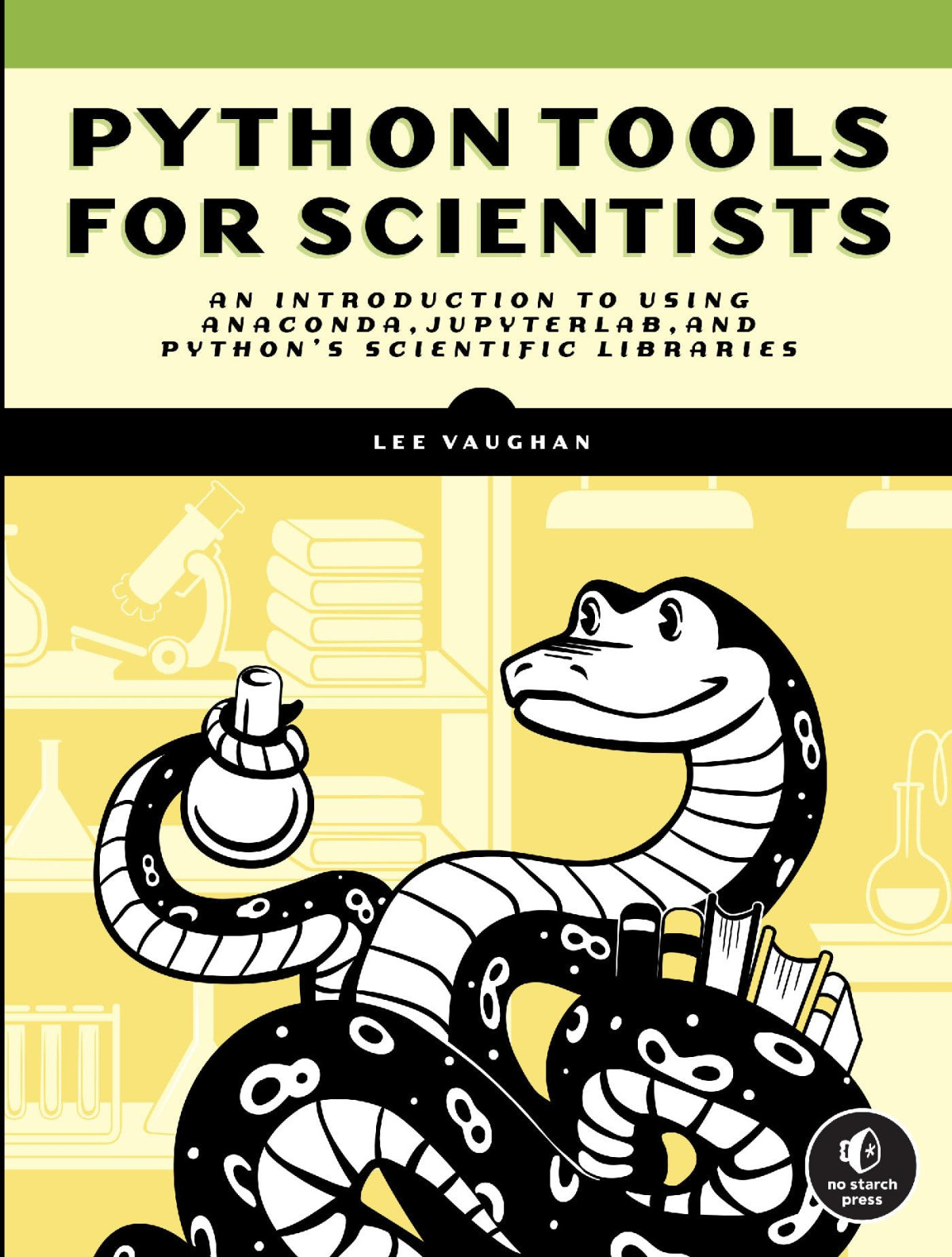

Most ebook files are in PDF format, so you can easily read them using various software such as Foxit Reader or directly on the Google Chrome browser.
Some ebook files are released by publishers in other formats such as .awz, .mobi, .epub, .fb2, etc. You may need to install specific software to read these formats on mobile/PC, such as Calibre.
Please read the tutorial at this link. https://ebooknice.com/page/post?id=faq
We offer FREE conversion to the popular formats you request; however, this may take some time. Therefore, right after payment, please email us, and we will try to provide the service as quickly as possible.
For some exceptional file formats or broken links (if any), please refrain from opening any disputes. Instead, email us first, and we will try to assist within a maximum of 6 hours.
EbookNice Team

Status:
Available0.0
0 reviews
ISBN-10 : 1718502664
ISBN-13 : 978-1718502666
Author: Lee Vaughan
Python Tools for Scientists will introduce you to Python tools you can use in your scientific research, including Anaconda, Spyder, Jupyter Notebooks, JupyterLab, and numerous Python libraries. You’ll learn to use Python for tasks such as creating visualizations, representing geospatial information, simulating natural events, and manipulating numerical data.
Once you’ve built an optimal programming environment with Anaconda, you’ll learn how to organize your projects and use interpreters, text editors, notebooks, and development environments to work with your code. Following the book’s fast-paced Python primer, you’ll tour a range of scientific tools and libraries like scikit-learn and seaborn that you can use to manipulate and visualize your data, or analyze it with machine learning algorithms.
python tools for scientists pdf free download
python tools for scientists pdf github
python tools for scientists pdf download
python tools for scientists lee vaughan pdf
python tools for scientists download
Tags: Python Tools, Scientists, Introduction, Using Anaconda, JupyterLab, Scientific Libraries, Lee Vaughan